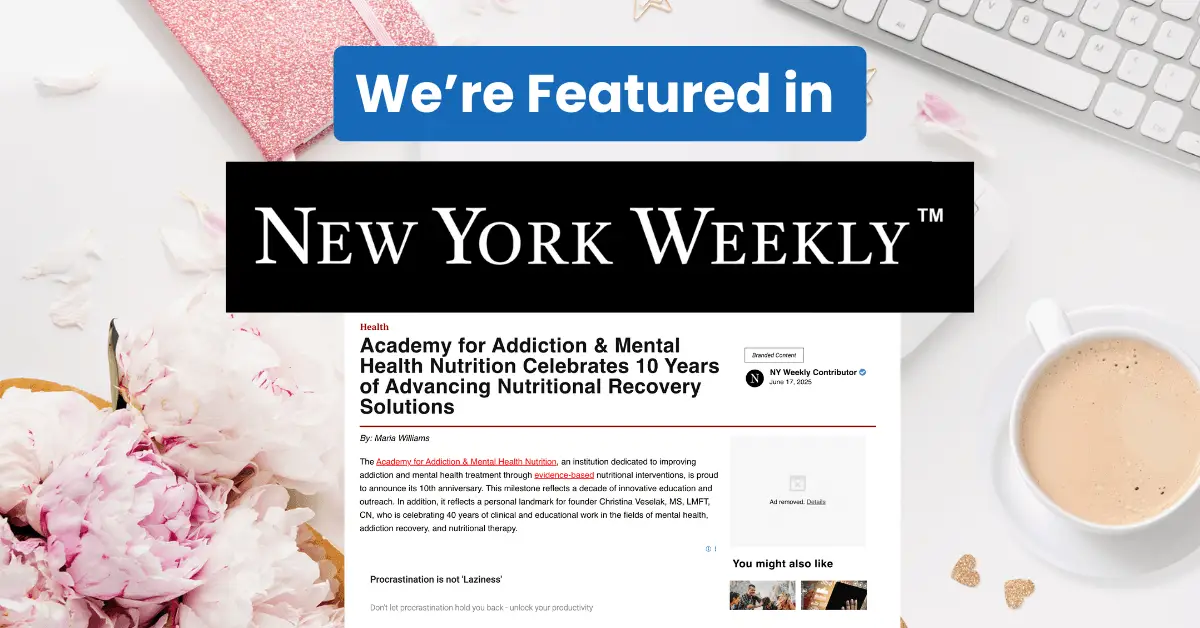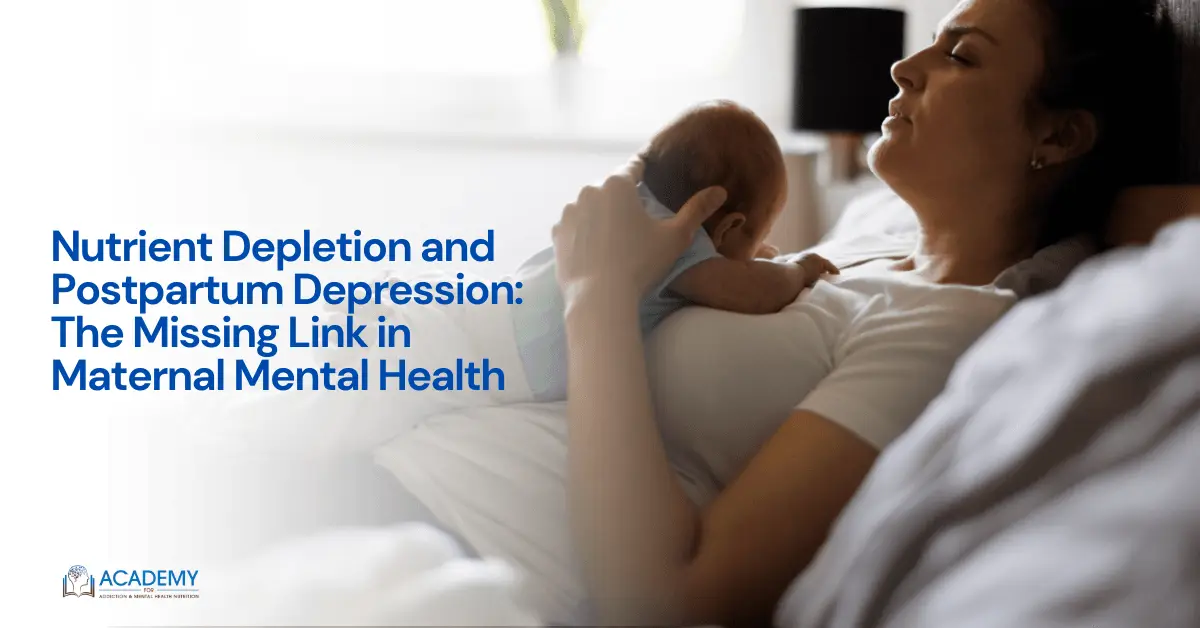Treatment has evolved in the last 40 years, since I got into the field. New knowledge and skill sets enrich program offerings and curriculums. And of course, high end programs are more able to diversify their programming than state run programs with less resources. That said, client needs more or less remain the same, across the board. This 4 part article attempts to list the elements which I consider to be optimal and even essential, across 4 domains:
- Biochemical, nutritional and lifestyle assessment and support of the recovering brain.
- Psychological assessment, treatment and skill-building;
- Support in developing healthy social communities, including family treatment.
- Individualized spiritual support.
This is in line with the long-standing awareness in the treatment arena that addiction is a bio/psycho/social-spiritual disorder. We think of it as a 3-legged stool. Where this set of recommendations differs from many others is that traditional treatment focuses on the psycho/social and spiritual legs of the stool and pretty much ignores healthy brain functioning, except for recommending medication, and then even more medication. We believe that this is one of the reasons for the very high relapse rate found in clients of many treatment programs. It’s like trying to sit on a 3-legged stool with only 2 legs. We fall over! I have known programs where the relapse rate is 100%. This is not ok.
Treatment research over the last 60 years clearly indicates that when clients learn how to support optimal brain function using nutrition, certain technologies and lifestyle skills, the relapse rate drops dramatically, and people are more likely to thrive in recovery. By reducing the relapse rate, people are often much more able to achieve sustained abstinence past the 5 years mark in a much shorter period of time than the 17 years estimated by UK researcher Dr. David Best.
Biochemical/Nutritional Support of the Recovering Brain
A well-fed, well-functioning brain is crucial to the recovery process. It allows people to stay alert in group, learn and remember to use the multitude of recovery skills presented in a good treatment program, and manage the stressfulness of treatment effectively. Anyone who has worked in residential treatment for any period of time has observed that most of our clients stay “brain dead” for weeks after they stop using. This dramatically interferes with their ability to benefit from treatment. While there are many reasons for this, it has become clear that people who consistently eat high protein, nutrient dense food, and take brain support supplements from day one, engage more quickly and are much less likely to leave treatment early due to cravings and intense discomfort. Programs can support robust brain functioning in the following ways:
Provide high protein, nutrient dense food available throughout the day.
This starts to rebuild brain function and keeps blood sugar stable. This in turn, reduces symptoms of PAW (post-acute withdrawal) along with early AMA discharges.
Reduce or eliminate access to sugar and other ultra highly processed foods.
Many people in early abstinence switch addiction to sugar because sugar typically is very easy to obtain. While some people do stop depending upon sugar later on, many people in long-term recovery struggle with full-blown sugar addiction for years. This can set them up for mood and energy swinging, obesity, diabetes and even cancer.
Provide cooking and shopping classes for those who do not have these skills.
Many people have never learned how to cook for themselves and don’t have the foggiest idea how to shop for brain-healthy, pro-recovery food. They feel better in treatment because they are well-fed (hopefully) but go back to their default ways of eating, start feeling crappy again, and often relapse.
Provide psychoeducation on pro-recovery nutrition.
By teaching people why what and when they eat matters tremendously to their recovery, clients are more able and willing to continue to keep their brains well-fed once they are back on their own. This helps to reduce cravings and relapse.
Provide the nutraceutical supplements shown to jump-start neurotransmitter restoration.
This also reduces cravings, PAW and AMA discharges in the first few weeks of treatment. Furthermore, it improves cognitive functioning and allows clients to more robustly engage in the early treatment process.
In conclusion, while treatment definitely needs to provide robust programming to support emotional healing, healthy psychological function, and spiritual wholeness, clients are more able to take advantage of this programming, and more actively engage in the process when their brains are online and alive. Science has been revealing to us for decades the exact nutrients which the brain needs to repair itself and function optimally. This approach is clearly evidence-based but has been poorly adopted. I encourage you to ask about this as you look for the right program for you or your loved one.
For more information, check out www.eatingproteinsaveslives.org, www.aminoacidtherapy.com and Expanding Your Horizons ebook.
References:
- Best, David: Recovery Research Institute https://www.recoveryanswers.org/team/david-best
- Firth, Joseph, Wolfgang Marx, Sarah Dash, Rebekah Carney, Scott B. Teasdale, Marco Solmi, et al. 2019. “The Effects of Dietary Improvement on Symptoms of Depression and Anxiety.” Psychosomatic Medicine 81 (3): 265–280.
- Gant, Charles: End Your Addiction Now-The Proven Nutritional Supplement Program that Can Set You Free. Square One, 2009.
- Gilbert, Samantha: “Alcoholism and Pyrolle Disorder: The Missing Link”, https://eatfor.life/alcoholism-pyrrole-disorder/
- Ketcham, Katherine & Mueller, L. Ann: Eating Right to Live Sober. 1983
- Larson, Joan Mathews; Seven Weeks to Sobriety, Random House Publishing Group, 1997
- Mahboub N, Rizk R, Karavetian M, de Vries N: “Nutritional status and eating habits of people who use drugs and/or are undergoing treatment for recovery: a narrative review.” Nutr Rev. 2021 May 12;79(6):627-635. doi: 10.1093/nutrit/nuaa095.
PMID: 32974658 Free PMC article. Review. - Opie RS, Itsiopoulos C, Parletta N, et al.: “Dietary recommendations for the prevention of depression.” Nutr Neurosci. 2016;20(3):1-11. doi:10.1179/1476830515Y.0000000043
- Ross, Julia: The Craving Cure.
- Scheller, Brooke: How to Eat to Change How You Drink. Balance – Hachette Book Group 2023.
- Stitt, Barbara Reed: Food and Behavior, A Natural Connection. Natural Press, 2004.
- Temko, Jamie E, Bouhlal,Sofia, Farokhnia, Mehdi, Lee, Mary R, Cryan, John F, Leggio, Lorenzo “The Microbiota, The Gut, and the Brain in Eating and Alcohol use Disorders: A Menage a Trois?”, (PubMed nih.gov) Medical Council on Alcohol and Oxford University Press 2017.
- Worden, M. and Rosellini, G.: “Role of Diet in People-work: Uses of Nutrition in Therapy with Substance Abusers.” The Journal of Orthomolecular Psychiatry 7:249-257,1978.
- Worden, M. and Rosellini, G: “The Dry Drunk Syndrome: A Toximolecular Interpretation”, The Journal of Orthomolecular Psychiatry Vol. 9, No. 1, 1980, Pp. 41-47.
More scientific research references to be found at: Scientific Resources – Mental Health and Nutrition





